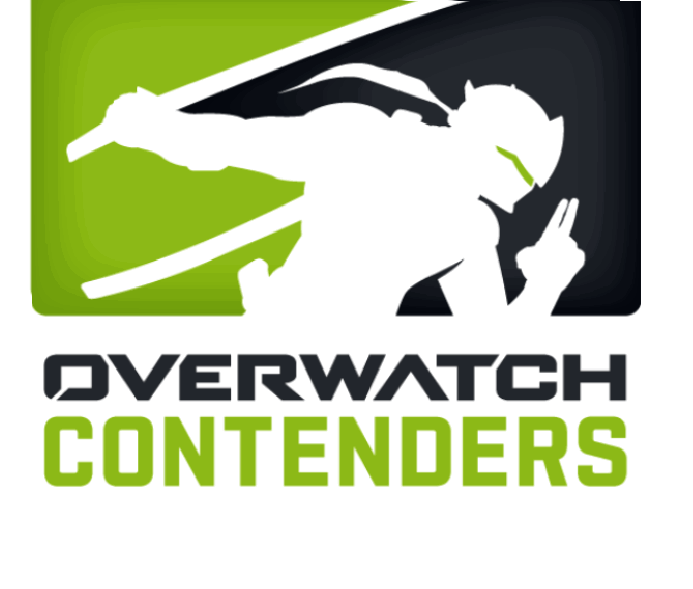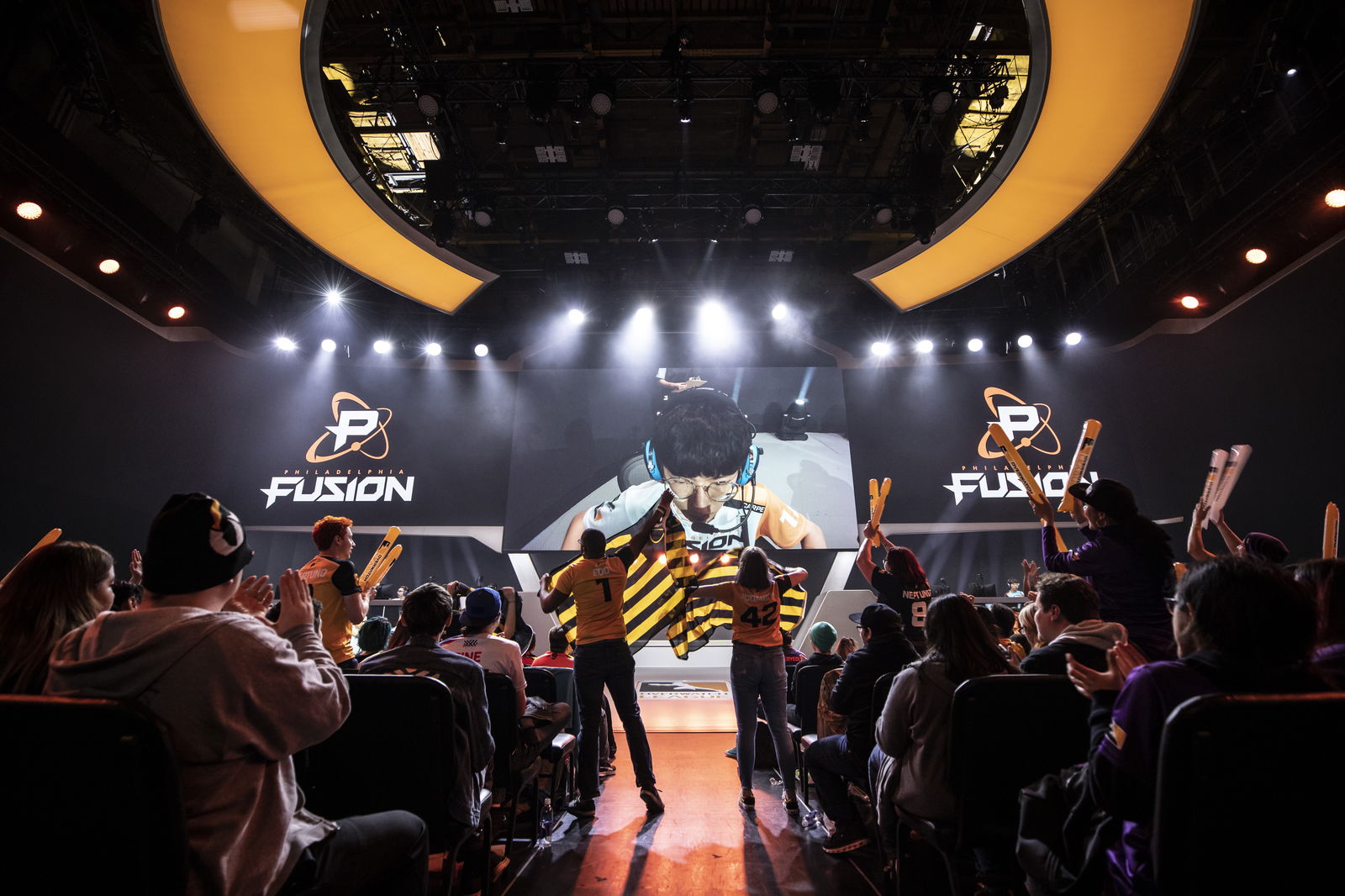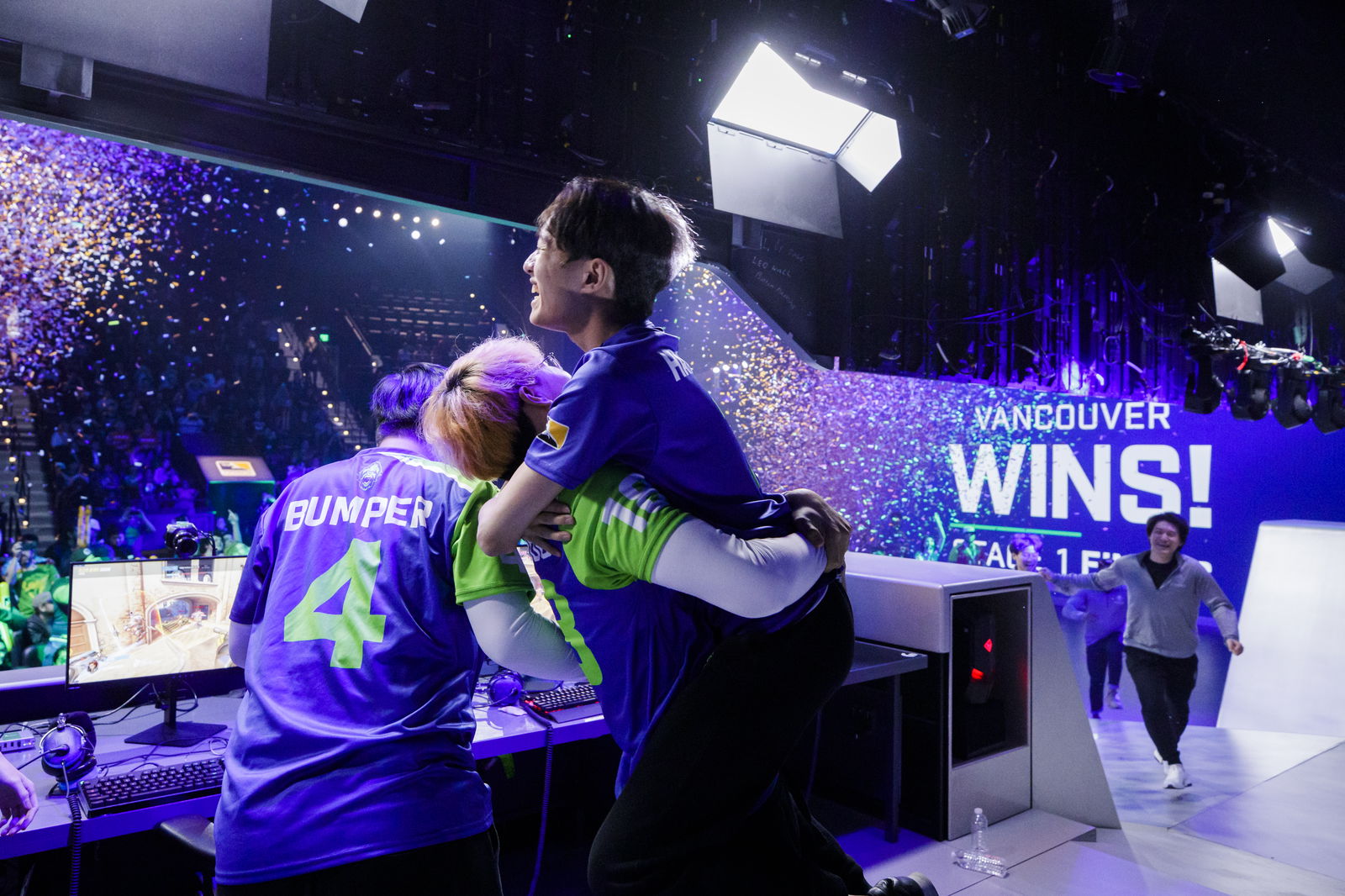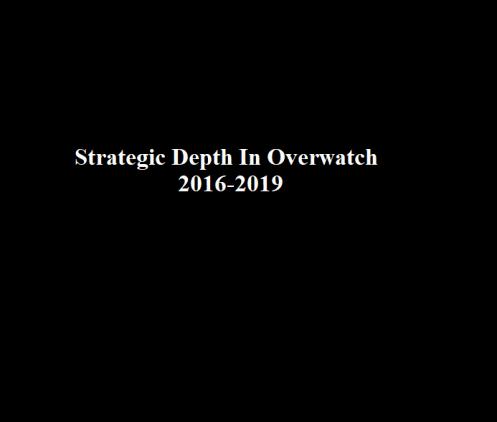2-2-2 Is Too Simple
Let’s imagine for a moment that in week twelve of sixteen of the NFL season this year the league announced that they would be modifying the way the game was played. From now on running plays would no longer be allowed. Only passing plays would be in the highest level of the game, and only those where the quarterback was the one throwing the ball. A literally game-changing decision, made in the middle of the season and outside of the regular transfer windows. Teams will be forced to scramble to adapt to a more restrictive way to play the game they have been practicing for years. Additionally, positions will become obsolete across all teams as the restrictions on league play mean major changes for the organizations involved. Even more, these changes will come to college, high school, and even children’s developmental leagues as the path for these young players needs to reflect these new restrictions placed on the higher levels, and it needs to do so now. The game will twist and contort to meet these new artificial restrictions. Teams will scramble to adjust in time for the season playoff only weeks away, while time spent developing alternative plays was completely wasted.
Of course, this would never happen. The National Football League would never implement something that would fundamentally change how the game is played, doubly so near the end of the season with the outcome of every game mattering to nearly every team. The same for any other professional sports league. Except, it seems, for the Overwatch League. That’s right, Role Lock is coming to both Overwatch and the Overwatch League and its coming now. The end of strategic depth in Overwatch is upon us.

The New Rules
It’s happening and it’s not an out of season April Fool’s joke. The worst kept secret since Dafran being in the Overwatch League is out. As of Stage Four, all teams in the Overwatch League will be Role Locked into a specific composition. The official announcement states that “For the start of Stage 4, the league will officially adopt a 2-2-2 role lock. That means team compositions for all matches will consist of two damage heroes, two tanks, and two supports.” The announcement also states that the lock is in place for a complete map, with any player being able to play any character in their role and only change roles between maps. Players will now be seated by their role on the stage and will move seats should they change their role.
In terms of the new patch coming with Role lock the announcement says that “The season playoffs, which start on August 30, will reflect a new game patch that will include hero balance changes.”

The Problem
Role Lock will enforce a meta. GOATs (three tanks, three supports, no DPS) is now dead and everyone is happy about that, but I think this is an overreaction. I think that this change will oversimplify the game and unnecessarily constrict things. Here are the big reasons why:
There are More Than Three Roles in Overwatch
As anyone who has been playing Overwatch for any length of time will tell you, not all of the heroes in each role are the same kind of hero. There are main and off tanks, main and off healers, and of course hitscan and projectile DPS. Role lock treats all of the heroes in each category, Support, Damage, or Tank, as one and the same. These are heroes with vastly different abilities and utility. Heroes with similarities yes, but all requiring different skills to be played at the highest level. I like to think I’m a good Moira player, but I shouldn’t be considered just as good on Ana because they are both support characters.
And what about hybrid heroes? Even with the nerfs coming to Brigitte she still functions as a cross between support and tank, with many teams opting to have their DPS focused players in the role. Sombra, whose value comes from her utility and Roadhog who has no shield but massive sustain both sit a bit outside of the damage and tank roles they inhabit in the character select screen. We should also remember that just because the Offense and Defense categories are gone, it doesn’t mean the design and function of these characters no longer reflect this specialization.
Other Teams will Know Exactly What to Expect
I remember watching the Great Bamboozle live last year. You know the one, where the Los Angeles Gladiators used London Spitfire’s expectations of what composition they would run to put them into perfect position to be sniped by Surefour. Now a big part of why this worked is that Surefour could pick Brigitte, a key part of GOATs comp, and when enough time had passed in the game that London players could look at the player list and see what they were facing, they saw a standard GOATs comp and assumed that Surefour was in the middle of the team. He made a quick swap to the games premier sniper and made quicker work of his opponents.
This will now be impossible for two reasons. For one, the enemy team will not have expectations that can be played with, they will know not just what to expect, but what will happen. Their enemy will play 2-2-2, period. The other problem is that without the ability to change roles mid-map there are no surprises. The enemy star hitscan player will need to be on a DPS character to start with if they are going to play DPS. If the other team doesn’t see this when the player is swapped in, they will see it 15 seconds into the match. No surprises, no tactics, Nothing different anymore.
Severely Limiting the Formations in the Game
This is the big one. Constraints create creativity, but only so much. In the Developer Update for Role Queue Jeff Kaplan discusses his take on the creativity that will come with this change to the game and with respect to Jeff I disagree. The constraints here will stifle the game and the creativity in it.
Now what Jeff is talking about does have a great deal of merit. If I ask you to tell me a joke, quickly, right away, what happens? You’ve probably heard so many in your life how do you think of one right away? So if I then ask you to tell me a joke about lawyers then you’ll have a much easier time. The constraints that I have put on this task have enabled you to find a joke faster. This is a simplification, but follow me on this.
In Overwatch, this has already happened. When the game released we had no limits on heroes. With the huge amount of combinations when you could double up or more, on heroes, there was an insane amount of possible formations in the game. How could a coach or analyst breakdown the game if there were no restrictions AT ALL? Limiting hero picks to one per team was a great move and added that constraint and from there was an outburst of creativity that we have enjoyed. All of the team compositions that are played in the Overwatch League have been enabled by this constraint and this is a good thing. From big brain coaches to armchair analysts like myself, these constraints were a framework that allowed immense depth both strategically and tactically.
Now there is going to be another constraint and I think that this one will be too limiting. If in my example of the joke what if I said tell me a joke about lawyers that is fixed number of words long. There would be exactly one joke you could tell me. How creative is that? Teams are going to be asked to build new tactics and compositions with far fewer pieces than before. And these new compositions will be just variations of 2-2-2 rather than a new formation at all. Role Lock won’t stop Overwatch League from being fun to watch, but it will make the game far simpler.

Unfortunately
In the end, none of this really matters. Role lock is here today. It’s not going to kill the game, and it’ll make it easier for new players to understand, but it will also hurt competitive scene long term. Role lock will give the Overwatch League what it wants though. In a video for the Dallas Fuel coach Jayne discussed that while GOATs was strategic and teamwork-based, it wasn’t as flashy. This is what the Overwatch League wants, flashy. Nano-blade 5Ks, Widow headshots, a highlight reel to show off. Teams carried by a few mechanically gifted stars rather than good synergy and tactics and that is something that forcing certain roles onto the stage will do. Role lock will create highlights on stage and if it comes at the cost of making the game simpler and removing strategic depth, then that must be worth it. The addition of weekly 1v1 duels is simply more proof of this. As long as we know who the best sniper in the league is then what does anything else matter right?
Overwatch League returns for Stage Four today, July 25th at 4 PM Pacific time. You can watch all of the games on Twitch.


